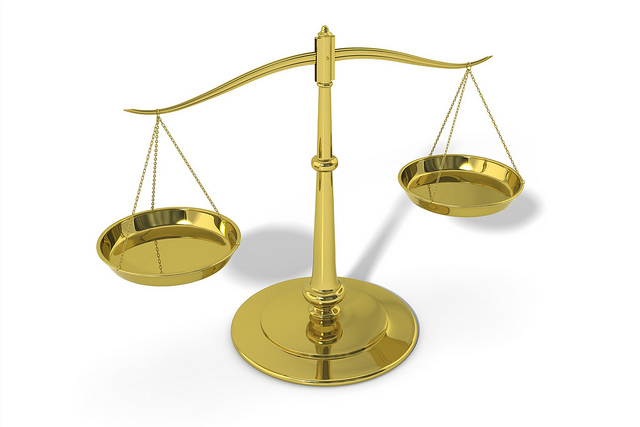
Optimum Life Balance

Balance can never be ignored. If you disregard balance on a bike, you end up on the pavement. If you disregard balance in life, you can end up divorced, stressed, penniless, or ill. The pursuit of the almighty dollar has forced many of us off-balance. I have discovered that our most precious resource is not money, it’s time; You can make more money, you can’t make more time. The question is, how can you achieve your optimum life balance?
When we spoke about management last week, I focused on management in the workplace. I would argue that managing life is more critical. The balance of life requires more than just keeping yourself from falling. There are many more variables involved. If you have a job or run a business, you must ensure that you perform well or someone else will replace you. Producing quality work requires time and effort. However, if you spend too much of your time and attention on work, it adversely impacts other parts of your life.
Family is a critical component of life balance. If you are spending the majority of your time at work (especially if you have children) your home life will suffer. If instead you are completely absorbed by your home life, your work suffers.
As you add things like exercise, hobbies, spiritual practice, and friends, the equation becomes even more complicated.
The act of physically splitting your time with family or at work isn’t sufficient. You must also be engaged in the activity. My wife often tells me that although I am physically with my family, I am mentally at work. The key is to be present and focused on what you are doing when you are doing it.
I know a large group of men that are divorced. Each has joint custody of his children. Because they do not have the luxury of time with their kids, they focus the time they have on being present with them. Many of us are fortunate enough to be with our family full time. It’s important to ensure your time with them is quality time.
So how do you strike the proper balance? Your significant other, your boss, and your health care professional can provide you the feedback to access where you are. Next, you can determine what has to be done to get where you would like to be. Then, put a daily plan in place.
Each morning before you get started, create a plan for your day. It can be as simple as a to do list, or as elaborate as a calendar with times blocked to perform each task.
Remember, if you don’t plan your day it will end up being done for you, usually without your control. If you are not controlling your most precious resource, your time, you’re almost guaranteed to be off balance.





